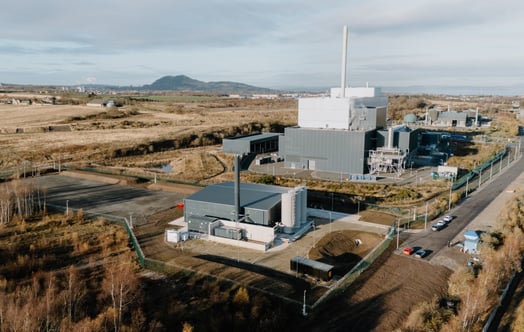The focus of energy policy has historically often been: How do you incentivise or subsidise low-carbon?
The reality is that fossil fuels are not paying the true cost of their impact – the impact that the burning of these fuels has on climate change. The principle of imposing costs on fossil fuels for carbon impacts is not new, but the current UK Emissions Trading Scheme (ETS) only covers around 30-40%¹ of these emissions.
It is against this backdrop that it was great to read this week in The Times that Ministers are looking at extending carbon pricing to cover the use of gas for heating.
The proposal from government is to make the cost of fuels more related to how polluting they are. Currently the cost of gas does not reflect the impact it has on carbon emissions, which can make the business case for low-carbon heat more challenging.
However, this change in pricing needs to go hand in hand with ensuring that the poorest and most vulnerable in society are not disproportionately affected by the changes in fuel cost as we transition to a net zero economy.
Such a move would be part of a wider effort across government that is needed to level the playing field so that low-carbon infrastructure, like district heating, is treated in the same way as established utilities. This would be part of creating a supportive market framework that will help accelerate the UK path to net zero.
To reiterate, we must keep the customer at the centre of the heat transition. Vattenfall is developing thinking about how heat decarbonisation should be funded, which sectors have a role and who should pay for it. It is great to see that the government are considering the same challenges and opportunities seriously. Watch out for more on our thinking about how to fund the energy transition soon.

Rufus Ford, Account Director




